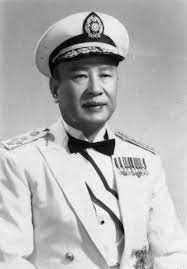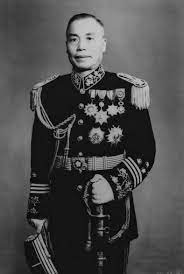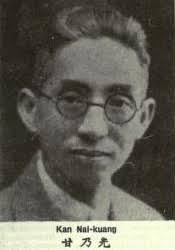Pai Ch'ung-hsi (1893-2 December 1966), general of the Kwangsi clique, which also included Li Tsung-jen and Huang Shao-hung. In 1946-48 he was minister of national defense in the National Government. At the end of 1949 he went to Taiwan, where he became vice director of the strategic advisory commission in the presidential office. The second […]












